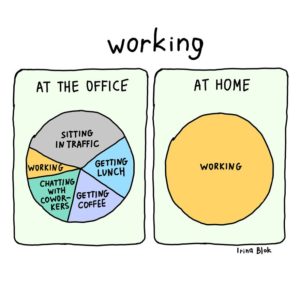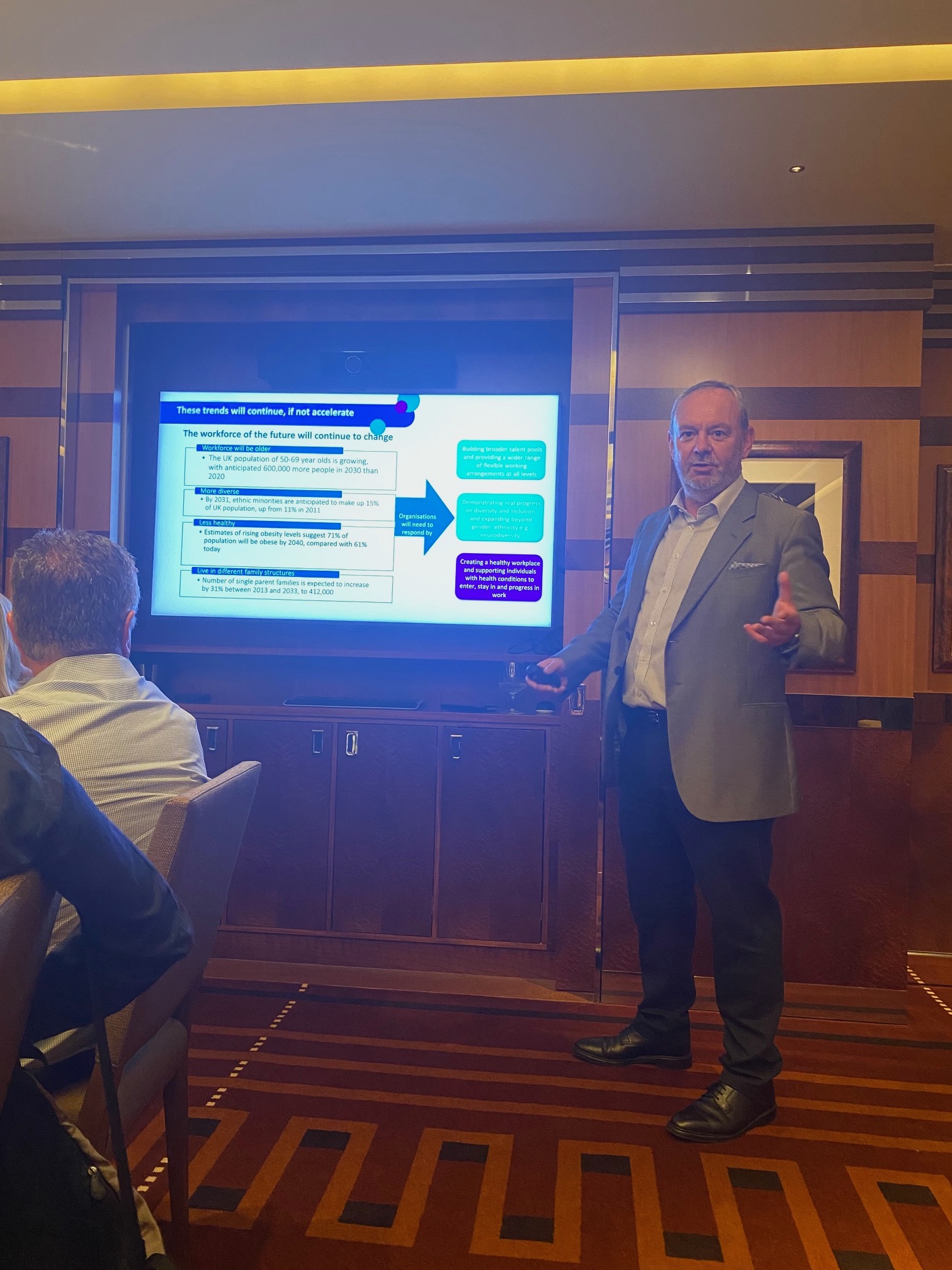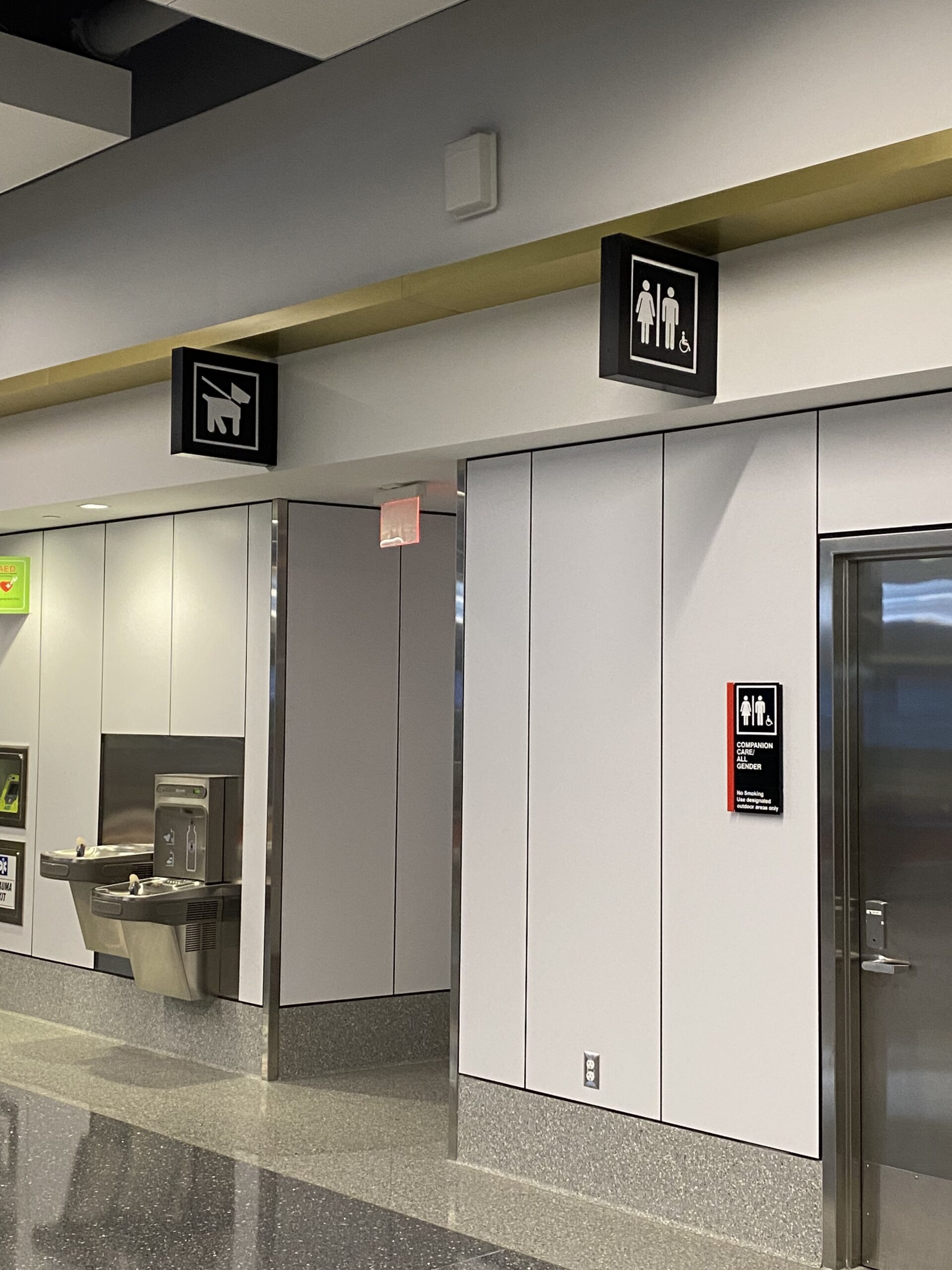If you are one of the vanishingly small number of people who regularly read my blogs, then you may have spotted something of a thread that runs through them: in today’s world of work there are no simple answers to complex questions. And beware of anyone who tells you there are.
The latest transgressor is none other than the Minister for Government Efficiency (and Brexit opportunities but that’s another blog), step forward Jacob Rees-Mogg and his passive/aggressive note apparently left on the desks of a number of senior civil servants saying: “Sorry you were out when I visited. I look forward to seeing you in the office very soon.”
Where to begin? Let’s put it like this: I suspect that suggesting a meeting with him as an incentive to come back to the office may not be as motivational as he thinks. Likewise telling employees they should come back to the office ‘because offices are expensive’ elicits the predictable response of ‘well, we didn’t buy them’. Or getting them to come in so they can do Zoom calls all day is hardly a great idea either.
At the other extreme is a popular image doing the rounds:

Where to begin with this one? At home can mean looking after kids, parents, dogs, doing housework, cooking, shopping, going for a walk, dealing with neighbours, flatmates, getting distracted, getting bored, lonely and depressed, watching the news all the time, or worse, watching Loose Women (or is that just me?).
Anyway, it’s that old ‘simplistic answers to complex questions’ thing again.
For those roles that can be delivered flexibly (and remember that is still only 20 to 30% of jobs) and where employers do want people back in the office then persuasion is the key. Back in August 2020, Elizabeth Stokoe, a professor of Social Interaction at Loughborough University and a leading authority on effective communication, was a guest on one of our webinars where she talked about the importance of how HR and Talent leaders need to find the right language to help their reluctant returners get more comfortable about coming back to work.
This wasn’t about coercion (are you paying attention Mr Rees-Mogg?) but rather about helping employees to create the space to make their own decision to return to work because it is better to allow people to take slightly longer to return but be happy to do so, than to compel them to return and end up potentially making a stressful situation worse and possibly even impacting longer term mental health, never mind organisational productivity.
Another way of looking as it is to create an OVP: an Office Value Proposition. This is simply a variation on an EVP that most HR and TA leaders will be familiar with. An effective OVP clearly explains the benefits to employees of being in the office. Whether this is for collaboration, creativity, teamwork, fun, gossip, training (giving and receiving), or any number of legitimate business needs, stating the benefits to the employee will be far more persuasive than issuing ultimatums or writing snarky notes. Of course, this takes effort and time, but we are already seeing examples of those employers who do this being far more effective at persuading people to come back. If Mr Rees-Mogg thinks his approach will work, then he shouldn’t be surprised if he finds himself working on his own for some time to come.






